PLCPD convenes stakeholders to discuss proposed bills on Waste-to-Energy (WTE) technology
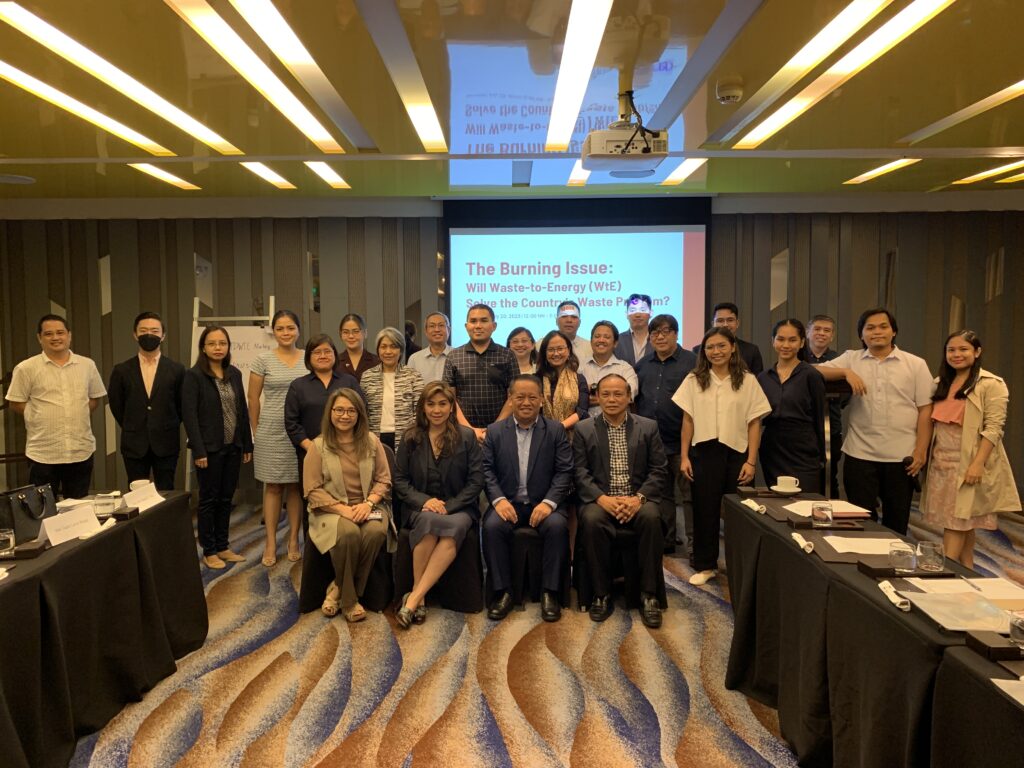
July 20, Quezon City – In an effort to address the country’s pressing issues of waste management and degrading air quality, the Philippine Legislators’ Committee on Population and Development (PLCPD), in partnership with Global Alliance for Incinerator Alternatives (GAIA) and Ecowaste Coalition, held a roundtable discussion on the proposed waste-to-energy (WTE) technology bills on July 20.
The event brought together legislators, legislative staff, local chief executives (LCEs), and civil society organizations to openly discuss the legal, economic, climate, environmental, and social concerns surrounding the proposed WTE bills.
Present during the discussion are PLCPD Vice Chairperson for Mindanao and Bukidnon first district representative Jose Manuel Alba; Bukidnon fourth district representative Laarni Lavin Roque; League of Municipalities of the Philippines Spokesperson and Lingayen Mayor Leopoldo Bataoil; Mr. Alvidon Asis from the League of Cities of the Philippines; legislative staff from the offices of Senator Raffy Tulfo, Senator Koko Pimentel, Senator Win Gatchalian, and Senator Cynthia Villar; and representatives from the House Committee on Energy and Committee on Ecology.
The discourse covered critical topics such as the global policy directions on addressing plastic waste; the position of civil society on the WTE bill; sustainable options for managing healthcare waste; and the potential impacts of WTE incinerators on waste workers and waste pickers, each contributing to a comprehensive understanding of the implications of adopting WTE technology to the country.
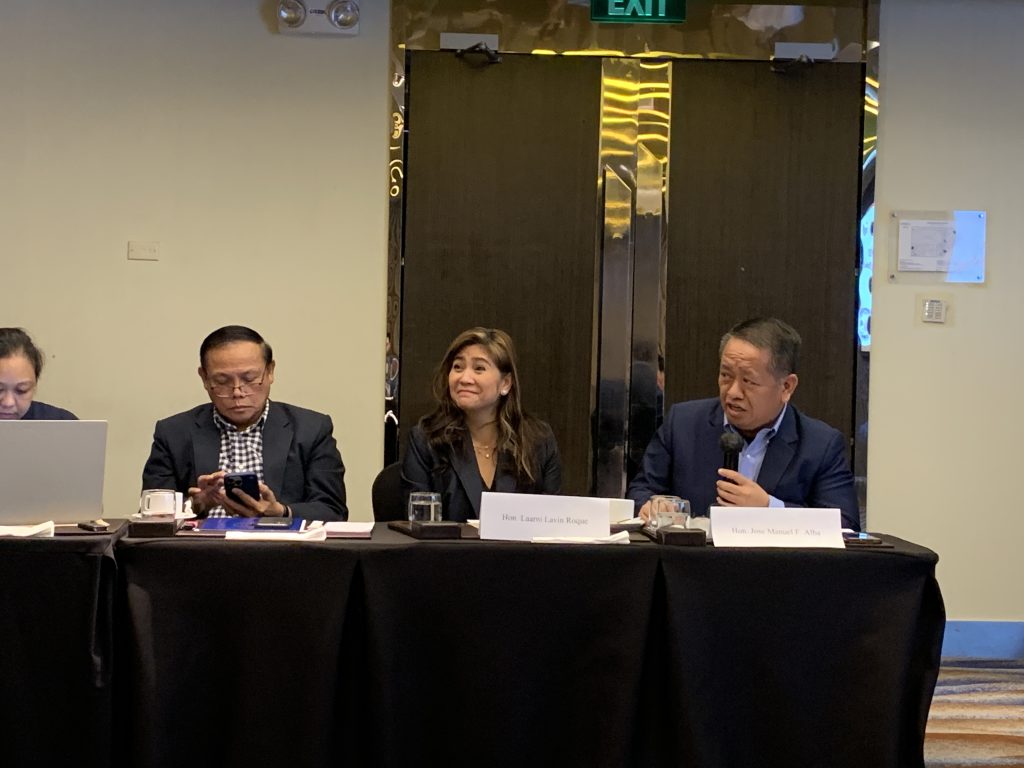
To kick off the forum, Rep. Alba stressed the importance of due diligence when tackling a complex topic like WTE technology. He underscored the participants’ responsibility to evaluate the potential drawbacks and risks of WTE technology. He urged everyone to consider its long-term effects on air and water quality, public health, technological feasibility, and economic viability
GAIA Asia Pacific Deputy Director Ms. Miriam Azurin emphasized the crucial role of waste workers and pickers in a sustainable circular economy and WTE incinerators’ impact on their livelihood. She described waste pickers as those engaged in waste collection, sorting, aggregation, and sale for recycling, with a historical role in reducing pollution.
In explaining how the use of WTE incinerators will lead to a loss of local knowledge in waste management and recycling, Ms. Azurin said, “Waste pickers possess close and localized expertise concerning waste streams and management, essential for a smooth transition towards sustainability and an all-encompassing circular approach. Similarly, subsidized collection and sorting of recyclable materials for recycling and remanufacturing, primarily due to the uncompensated efforts of waste pickers, will be lost. This then results in the loss of income sources for waste pickers and their exclusion from participating in waste management.”
She also added that most of these waste pickers are women from the lowest economic classes, survivors of abuse and violence, ethnic minorities, climate refugees, or pandemic victims.
“WTE undermines the current climate and zero waste solutions and infrastructure that empower waste pickers, despite the fact that they actually have a negative carbon footprint,” Ms. Azurin concluded.
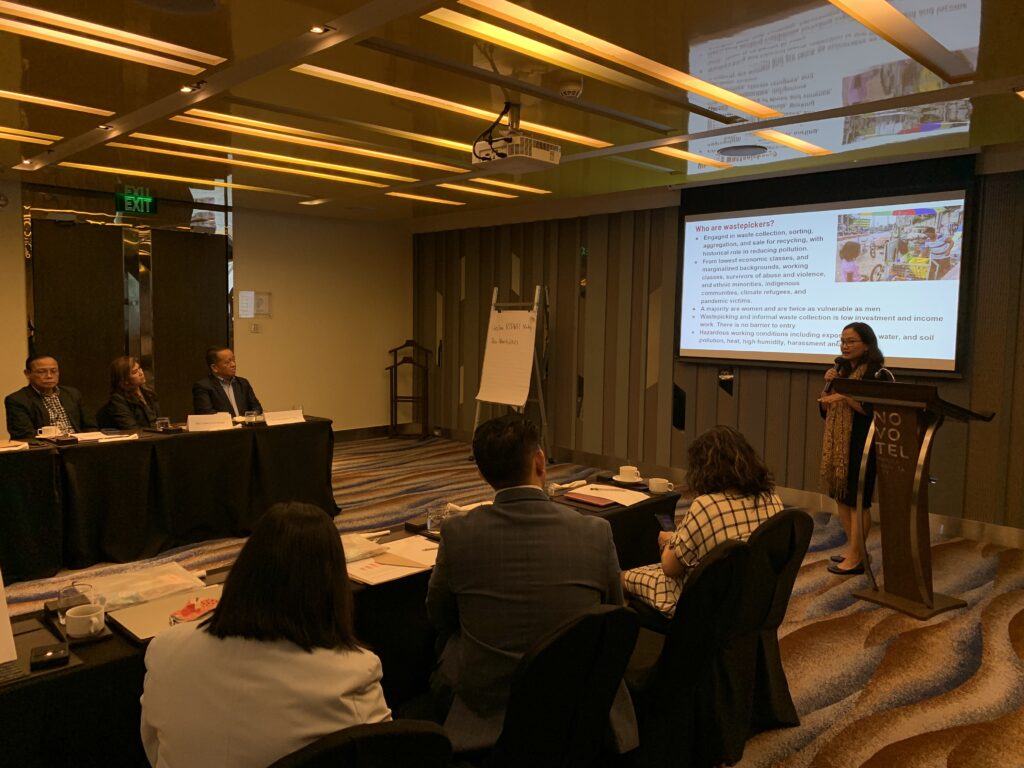
Engr. Riedo Panaligan, Project Coordinator of Plastic Free Pilipinas of the Ecowaste Coalition, delved into the various costs of WTE incinerators and why developed countries are now moving away from incineration. According to him, WTE worsens the waste problem as incinerator contracts discourage waste reduction but encourage resource extraction, which drives us farther away from circularity.
“We are burning resources. So instead of them being back again to the circularity, we destroy them. And then the foot or pay garbage contract embedded sa mga incinerator projects will discourage cities to elevate their efforts towards waste reduction, segregation at source, recycling, and composting,” Engr. Riedo stated.
Affirming the points raised in the presentations, Rep. Alba also shared his observation that there’s parallelism between saving money and waste management at the household level, and that they are both challenging because they require behavioral change. Thus, policymakers need to devise ways to work on the psyche of the Filipinos around waste management.
Mayor Bataoil, representing LMP in the forum, shared that the group supports stringent compliance with current environmental laws, such as the Clean Air Act and Solid Waste Management Act, and stressed that addressing energy concerns must not come at the expense of public health and environmental preservation. He added that leaders have a sworn obligation to patiently educate their constituents and tourists visiting their towns regarding proper waste management.
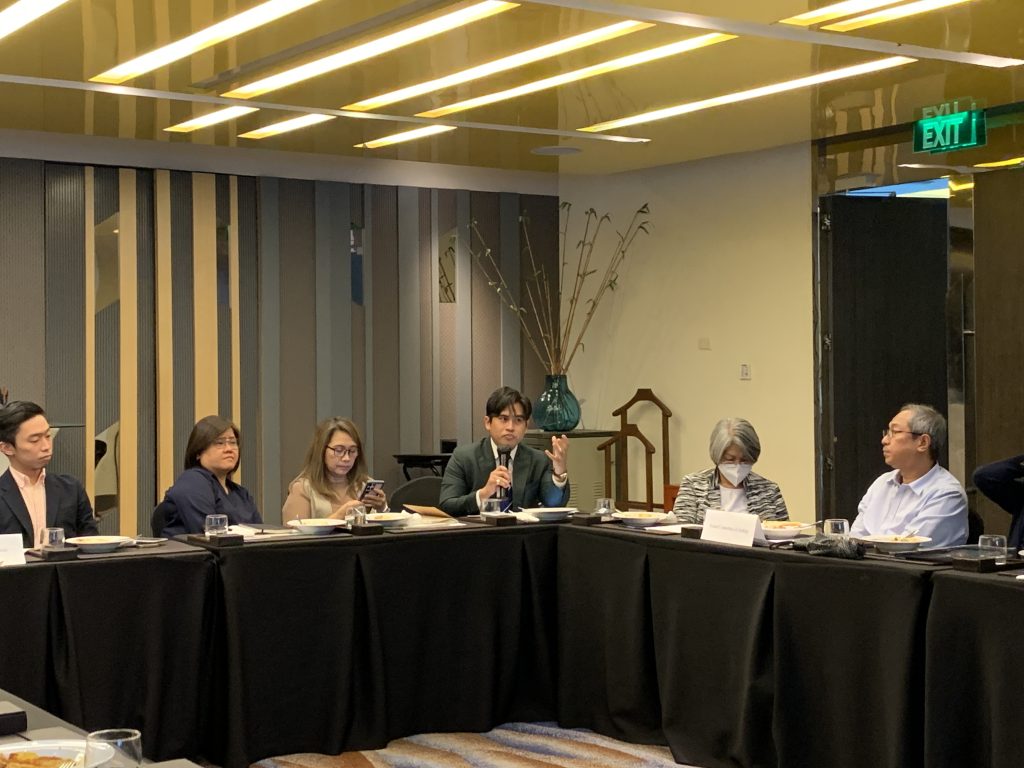
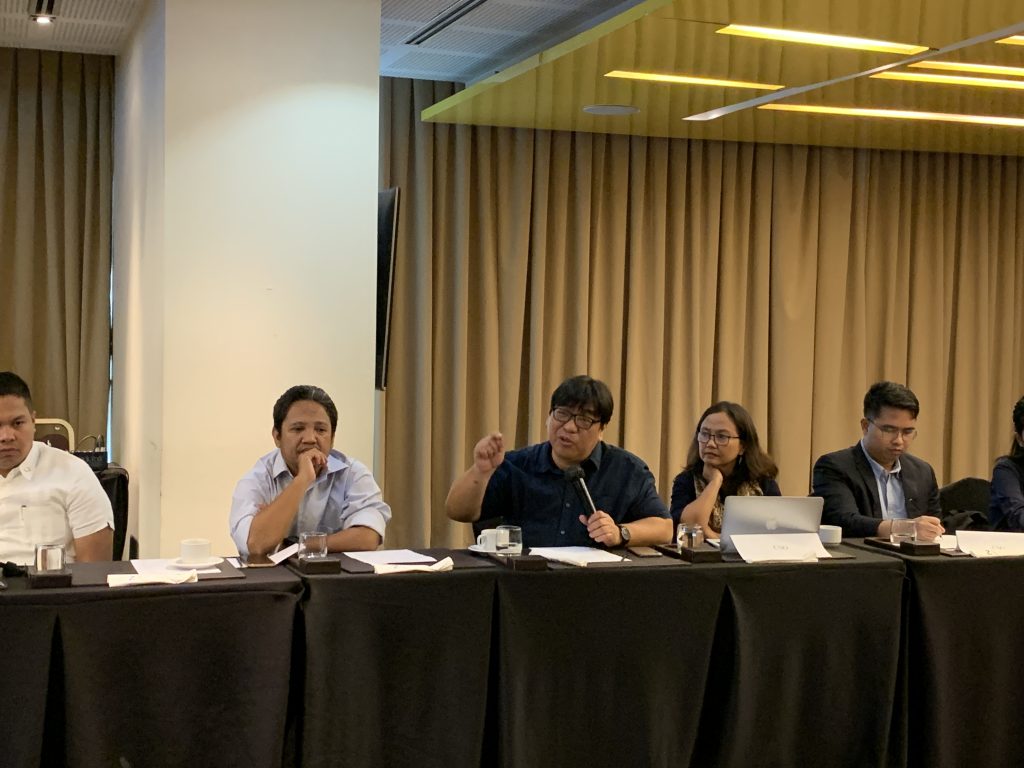
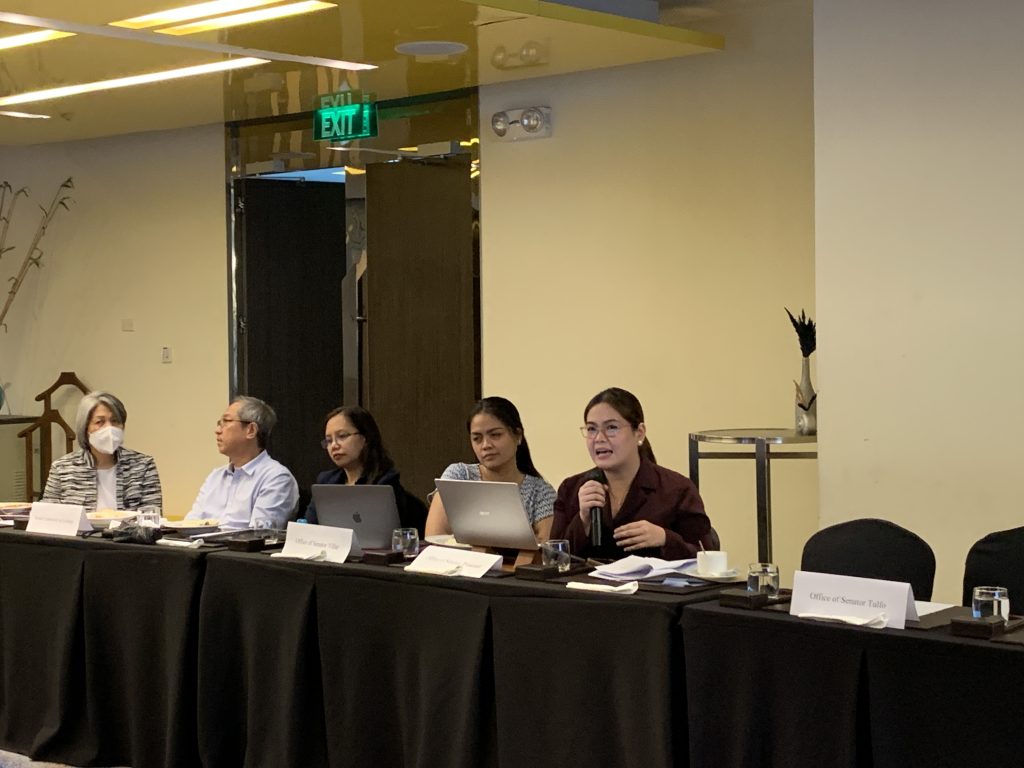
The roundtable discussion concluded that there is a need to conduct a congressional oversight on R.A. 9003, or the Solid Waste Management Act, to review and improve its current implementation. Incentivizing local government units for their best practices on implementing zero waste solutions can also help reduce the need to explore WTE.
The current WTE bills filed in the 19th Congress are House Bill No. 6444 and Senate Bill No. 2267. HB 6444, approved on third reading last year, proposes to repeal Section 20 of R.A. No. 8749 or the Clean Air Act of 1999 which prohibited burning municipal and hazardous wastes. Its counterpart, SBN 2267, is pending second reading and aims to establish a national energy policy and regulatory framework for WTE facilities.
